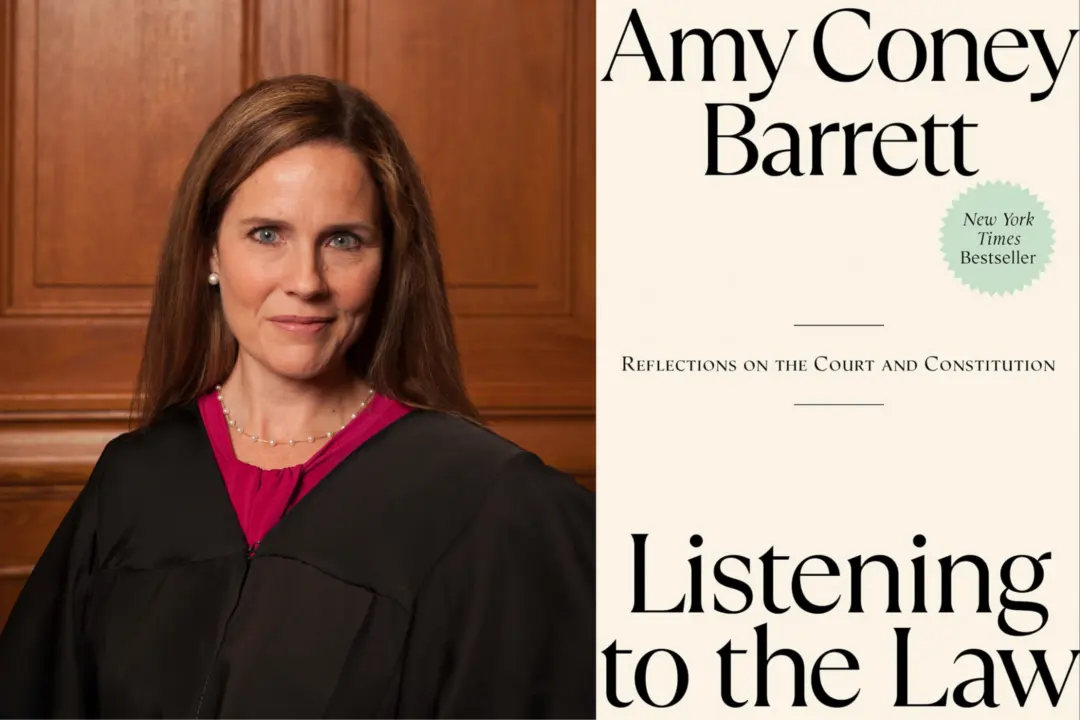Traditions help form the structure and foundation of society, help define our past, shape us today, and provide ideas for our future. If we ignore traditions, America’s identity may be lost. Therefore, it’s worth exploring some recent books that highlight traditional American values.
American Patriotism
For some, American patriotism—a traditional idea—has been put on the back burner. To educate young people about the values that make America great, Prager University has put out a new series of books to reawaken pride in our country. The series is “Otto’s Tales,” and the first book is “The National Anthem and Pledge of Allegiance.”Although advertised as a booklet for K–12, adults can also learn from it, as history has been neglected in curricula for decades.





